Student Blog
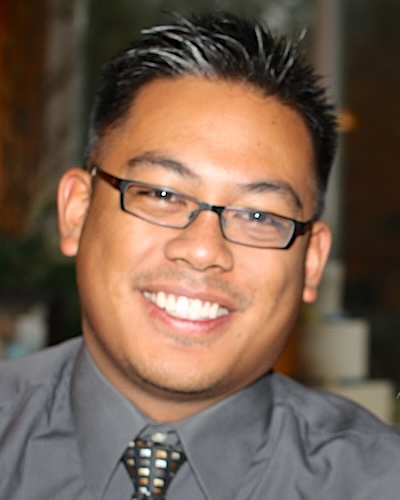
OTAC Conference this year ⟩
October 18, 2010, by Pierre
This year was a great year to go! I was able to last Friday and attend 2 interesting seminars. 1 — Constraint induced therapy (facilitating use of a persons affected side and limiting the opportunities of the unaffected side) and 2 — Zones of regulation (assisting children/adolescents in recognizing the patterns of their behaviors, the triggers, and how to respond with the expected social behavior).
Lots of free goodies, lots of vendors, and a lot of members! It’s great to hear that our state association membership is growing and that our profession is slowly becoming more recognized within the public arena. With so much opportunity in every area of our society and workplace, I can’t wait to graduate and start working. Where am I interested in working? Pediatrics. I will post some blogs to give updates on my part-time fieldwork!
Until then, fight on USC OT!
⋯
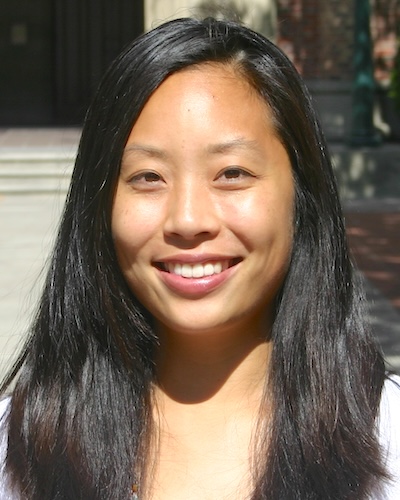
OT across the US ⟩
October 15, 2010, by Yao
From California to the Midwest OT is everywhere. 😊
If you’re like me you’ve heard the infamous question “What is OT?” a million and a half times and each time I answer it’s a little different depending on the person I’m talking to in order to make sure it is something meaningful to them so they understand the scope of OT and what occupational therapists really do. This weekend I have the pleasure of going home for a friend’s wedding, back to Packer country (Wisconsin), YAY! I love it out here! Anyways on my flight from LAX to Milwaukee I started talking to the passengers around me about where we were headed and one passenger had made a comment about how UCLA was THE school to go to and USC was just for spoiled children. Well I had to say something! I piped up and politely mentioned that I was a graduate student at USC and I was very proud to go to USC. He asked what I was going for and why I didn’t choose UCLA and my simple answer was that USC was not only a top school in the field number 1 on the West coast and 1-3 Nationally and internationally but UCLA didn’t have a graduate program in occupational therapy. That struck a chord with him as he recently had his knees replaced. And all of a sudden he dove into a story about his occupational therapists, what he knew about the profession and what areas we could practice in. It was like listening to myself talk to someone when they asked “what is occupational therapy?” He was so passionate about how much OT had helped in his recovery and how it was the only therapy that he looked forward to. Then in all seriousness he looks at me and said “My OT was a Trojan and she changed my life.”
My heart immediately melted, I wanted to cry. Then we continued that conversation about where I was and how my studying was going. But hearing that really re-validated my love for our profession even though its a struggle sometimes to explain how OTs can really make a difference it’s all worth it when you hear that you made a difference in at least one person’s life. So even when it feels like we’re fighting an uphill battle getting people exposed to Occupational Therapy and all it has to offer remember that we’re in an amazing profession that really changes lives. 😊
⋯
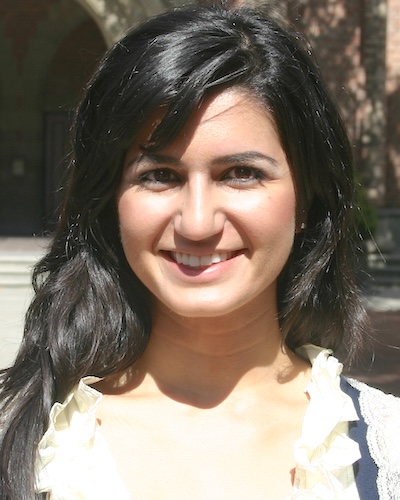
Ghana ⟩
October 11, 2010, by Helen
Fieldwork International What are OS/OT?
As a first year in the graduate program at USC, you have the opportunity to travel to Ghana and have a pediatric physical disabilities fieldwork experience. I had an amazing experience in Ghana and would love to return and work with the children there in the future. It was exactly this time last year that I was just deciding if I wanted to apply to travel to Ghana or not and I wanted to share some of my experience with those who are currently in the process of deciding whether or not they’d like to travel there this year. 😊 I learned more than I could have ever imagined from the children I met in Ghana and I highly recommend the trip to the first years in the graduate program.
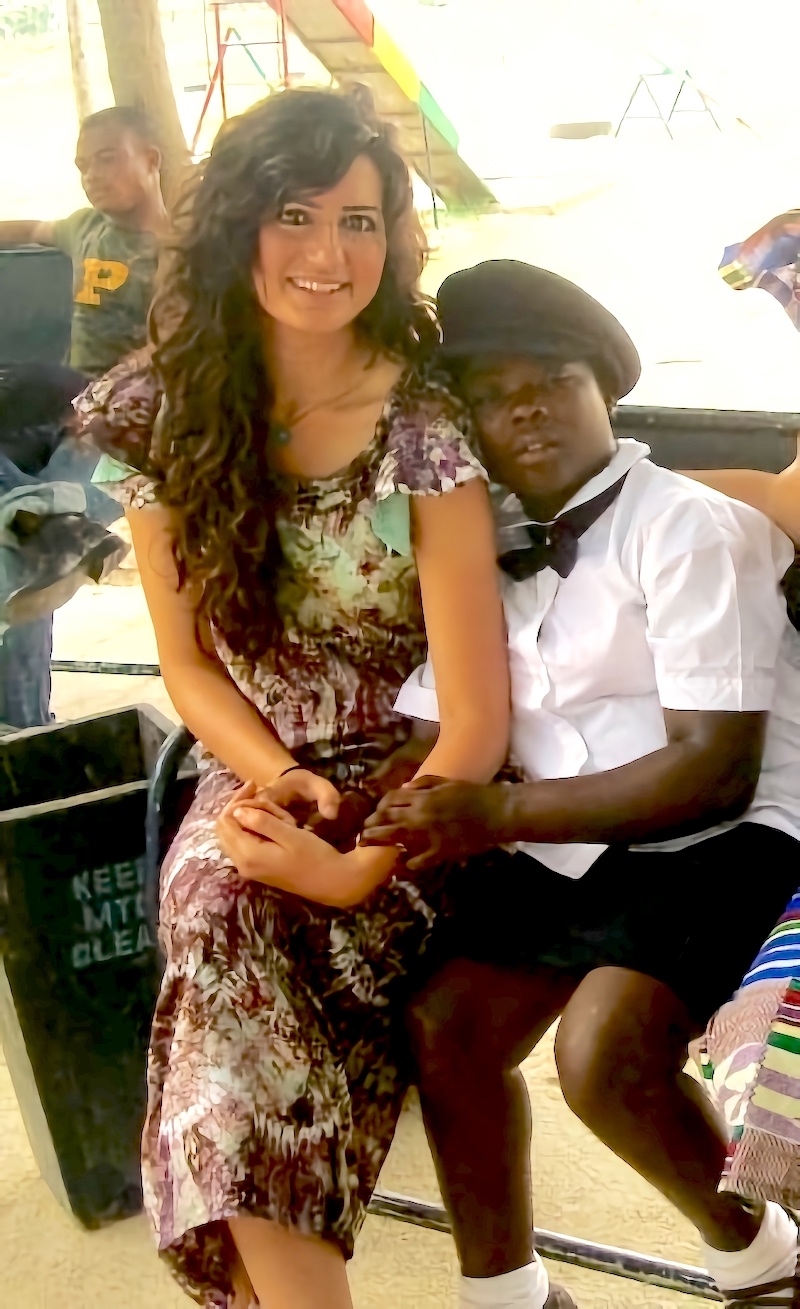
After a long trek from the airport, we stepped off our bus at Mephibosheth and the quiet was immediately broken by the laughter of children from behind their boarding hall window. This laughter was my source of energy for the entirety of my trip to Ghana. I had difficulty sleeping the first couple days I was in Ankamu and the Gomoa District because I was so excited to be engulfed by this entirely new place and people. I wanted to know every child’s history, how they had come to be at this facility, and I was so anxious to implement a treatment plan with students of my own. Little did I know, these children who I would be spending the following days with, would forever impact my value of time, family, resilience, interdependence, and the immeasurable value of healthcare access and occupational engagement.
Mephibosheth is the only facility in Ghana that addresses the needs of children with physical and mental disabilities. Pastor Joe and his wife Andrea have created this boarding school in the Gomoa District as a safe haven and source of occupational hope for children who are otherwise often unacknowledged by their society. As a boarding school with minimal in home aid from the school faculty, the children have adopted interdependency as their form of survival.
The practice of occupational therapy in the United States is defined by the American Occupational Therapy Association (AOTA) as being a science driven, evidence based profession that enables people of all ages to live life to its fullest by helping them promote health and prevent — or live better with — illness, injury, or disability (AOTA). Occupational therapists intervene to maximize quality of life at the early intervention, acute, or rehabilitation stages of development. As occupational therapists strive to promote independence and quality of life for clients experiencing an array of conditions, I was curious to see how therapy regarding independence in self-care would translate to the Ghanaian culture which so beautifully valued interdependence.
The day we sat quietly listening to Andrea, Pastor Joe’s wife, give us bullet points on each child’s medical and social histories, I mechanically wrote bullet points on the notes being dictated. My first notes read, “*Clara (name has been changed) — cage for six years, malnourished, Osteoporitic, estimated around 17-18 years old, has seizures, parents ashamed — guardianship given to German orphanage.” I couldn’t help but be in shock that I was just laughing for ten minutes outside with this same young lady about how she loves sunglasses and the ocean. I was quieted by the incredible confidence and happiness she exuded and humbled by how resilient this young woman who is actually 23 years of age is. My three pages of bullet form medical history notes about each child, have to this day not fully taken form in my mind.
I was baffled by the type of treatment plan I would create for our personal student *Kate, her bullets read “16-17 years, psych history, knocks doors to tell problems, taken to exorcism prayer camp, bit her breast/self mutilation, number one corn husker.” Knowing what resources were available to us, my partner and I attempted to brainstorm multiple activities we could do with her and made it our goal to give her as much positive attention as possible while trying our best to share our energy fairly between the two children we were assigned. Upon returning from Ghana, one of my most disheartening thoughts is that the entire two weeks I was there, I was unable to have a meaningful conversation with this young lady. I know that there was a language barrier in our attempts to talk to *Kate and that she was most likely not properly medicated and most definitely not in the most ideal place to address her needs, however I still felt a sense of responsibility to emotionally connect with this girl who would demand an apology from me every two minutes for looking at her, brushing against her, accidentally smiling a second too long at her, or not holding her hand when she wanted.
On the flight back from Ghana, I read our personal account readings about how practitioners should address mental health illnesses, emotional intelligence, and the value of having a trusted friend in the process of alleviating symptoms experienced by patients who have mental health disorders. As I read these personal account readings, I felt increasingly motivated to inspire change for people like *Kate who had suffered years of misunderstandings, physical and emotional trauma, and the trauma of social isolation. It seemed to me that everything these personal accounts told of what should not be done to address mental health needs was what *Kate had experienced and it breaks my heart to know that there is a very small likelihood that she will ever get the medical attention that the she truly deserves.
Pastor Joe preached on the value of being self-disciplined and having peer support. The value of leading a disciplined life was the topic of his three talks I attended at church. Leading a disciplined life means being able to practice self respect and through doing so and truly taking into consideration what is in one’s own best interest, is it possible to truly extend care and compassion for your neighbor. Pastor Joe preached that one must never forget that “there is always someone higher than you and someone lower. No one is above all.” This idea echoed in my mind as I observed the kids interacting with one another. Those who had increased range of motion helped the others get dressed, those who were able to read, helped pass out shirts with the proper labels, the kids who were doing better cognitively had the responsibility of passing out snacks. Everyone fed one another, wheeled one another, dressed one another, and shared every possession so openly. There is a set system of checks and balances among the kids at Mephibosheth. Each child has a role, character, and identity within their Mephibosheth family.
My last night at Mephibosheth, I had a conversation with one of the students that truly exemplifies the charisma of the children we worked with. I said to *Clara, “Your birthday is coming up! If you could do anything in the world for your birthday, what would that be?” and she replied with a smile “I would go to the beach and have a cola with my orphanage mother.” The children we worked with did not have the luxury of drinking soda and the beach was less than a mile away from their facility. The children travel to the beach once a year when the USC students visit, due to the need for adequate supervision/volunteers to travel with. The children I was so fortunate to have spent time with at Mephibosheth have forever influenced my thoughts, values, and ambition to decrease discrepancies in health care access.
⋯
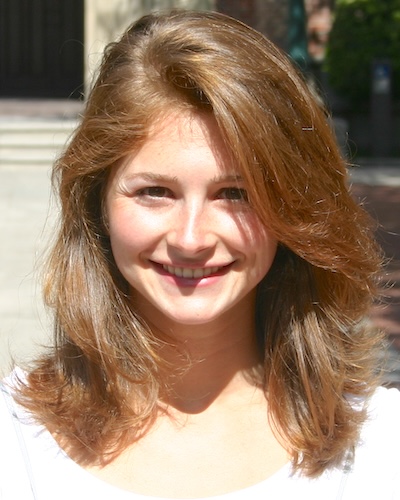
Moving to LA ⟩
October 10, 2010, by Amanda
Housing and Transportation Living in LA
After graduating from undergrad, I needed to pack-up and move to California. Living in the OT House made sense to me! So I hope that through my student blog you will get an in-depth look at what it is like to be an occupational therapy student here at USC. To start my tour of student life, I’ll start with my experiences during my first summer.
Coming from Maryland, I was leaving my family and friends to see what West Coast life is all about. For those of you worrying about making a move like I did, graduate school is the perfect time to try living somewhere new and it provides great opportunities to meet and befriend others. LA is a big town and the thought of moving there was a little intimidating. What is amazing about coming to USC for school is the living learning experience that is a housing option called the OT House. Besides my great aunt that lives in the area, I was nervous about moving to a place where I knew no one. For this reason, I chose to spend my first year in LA living in the OT House. From our first building meeting, I already met other classmates and even had a ride to school the next day. 😊 Those same friends have since become my California family.
Another great aspect of the OT house is the convenience factor. The two-bedroom apartments come equipped with a full bedroom set (you have your own bedroom), kitchen appliances, sofas, table and chairs. All you really need is your bedding, clothes, school gear, and kitchenware. After recently graduating I only had a few weeks to pull myself together and get out to LA for the June start and there was no way I could move furniture across the country. Living in the OT house meant I had a few things less to worry about. Due to its proximity to the University Park campus, the OT house makes going to classes on the Health Science campus easy. There is a bus that runs between campuses, making driving unnecessary. Also, you are close to all the activities of the University Park campus. Events, performances, Trojan sports, intramurals, you name it and it’s right there for you. As a full time student you have access to the Rec facilities, so your gym is right there too.
Being that the apartment building that hosts the OT House is majority OT students, you have access to study groups always! If you ever need a question answered or clarification on an assignment, your neighbor can most likely help you out. The OT House was always the common meeting point between in house and out of house students and the place for groups to meet when working on group assignments. There is an RA that is an OT student and a USC OT faculty member that lives in the building as well. Basically, choosing to live there gives you instant support in your academic life.
My first experiences in LA were wonderful, many of which I can attribute to being a resident in the OT House. It was there I built my foundation for life in LA and as an occupational therapy student. Below is a picture of the sunset from my apartment in the OT house!

⋯
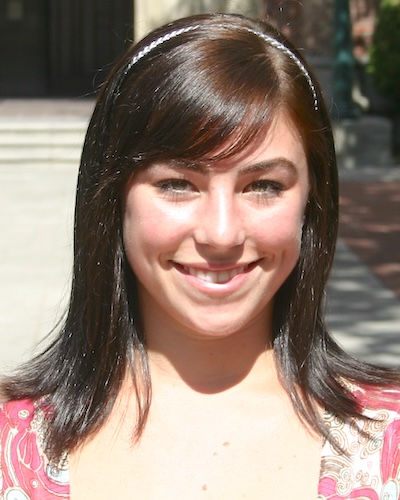
Finding what is meaningful to you ⟩
October 6, 2010, by Austen
Life Hacks School/Life Balance
Occupations are the activities we fill our time with, the things we do daily. In our Occupational Therapy program, we have read a lot about how important occupations are to health and well-being, and why engaging in meaningful activities positively influences our overall quality of life. It seems obvious that doing things we enjoy helps us live healthier happier lives, but I did not really think about it until we discussed it in class. Since then, I have made a conscious effort to incorporate activities I love doing in each and every day. As a result, I am happier and more satisfied with my life.
I danced on my high school’s state champion dance team for four years. We practiced for around 15 hours a week, learning and perfecting our routines to compete. Sometimes I could not stand walking into that gymnasium room any more, I was sick of our music, and annoyed with our coach yelling at us. But when I was dancing in front of hundreds of people hearing fans cheer me on, I remembered why I love dancing. My muscles would take over and they knew exactly what to do, my mind would go blank, and time seemed to fly by. I reached what we call “flow.” But when I went to college, I stopped dancing. I started freshman year as pre-med, and had no time for it. I lost one of my most meaningful occupations. Looking back, I can see how negatively it affected me. I was low on energy, not as happy, and felt like something big was missing from my life. It is almost as if I did not realize how important and influential dancing was to me until I lost it. It was not until years later, during the first year in the OT program, that I was inspired to pick it back up again.
I joined the USC Repertory Dance Company through the School of Theater on main campus at USC. Having dance back in my life has made a huge difference in my wellbeing over the past year. I have a social network of friends in my company, I get lots of exercise, and I have a creative outlet for expression. It is a wonderful right-brain activity to balance out all the left-brain work we do in school. It is a chance to get lost in music, explore new movement, and step into the character of whoever I want to be. I can leave my problems, concerns, and anxieties at the door and forget about them during rehearsals. Picking up dance again helped me experience for myself what it is we have been learning in OT school. I now understand the role meaningful occupation plays in one’s life. Experiencing the negative effect of not dancing solidified the importance of pursuing things I enjoy doing as often as possible. I am going to continue to engage in meaningful activities such as dance because they truly make me a happier, healthier, more motivated and curious person.
What do you enjoy doing? What makes time fly by for you? What do you look forward to doing everyday? If those question bring specific things to mind, hold on the them and continue engaging in those activities. If nothing comes to mind, go out and find something that makes you happy and excited. This will make each day fulfilling and help you achieve overall wellbeing.
⋯





